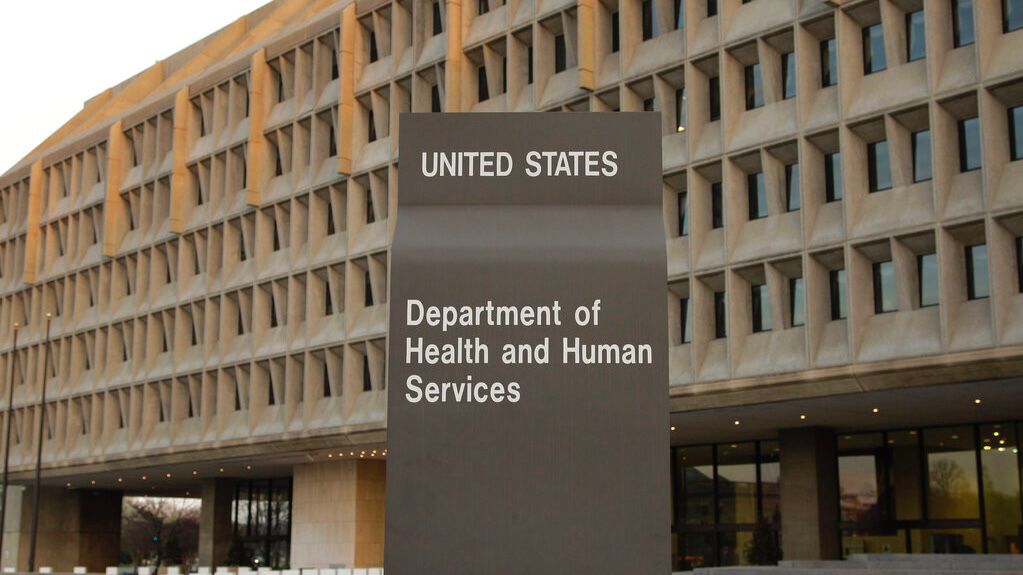There is a lot of concern about the current flu season, its severity and whether the vaccine is actually effective. Health reporter Erin Billups recently sat down with the experts to set the record straight.
In the 13 years the federal Centers for Disease Control has been tracking influenza, officials say this is the first time they have seen the whole continental U.S. light up with high flu activity at once.
Jeffrey Shaman, an environmental health scientist at the Mailman School of Public Health at Columbia University says this flu season is unique.
"It wasn't a gradual build towards it, it really built up in mid and late December," Shaman said.
California, Texas, Oklahoma are among the hardest hit states.
This month has already seen flu-related hospitalizations surge, particularly among the most at risk - the young and the old.
Twenty pediatric flu deaths already have been recorded.
Experts point to this season's dominant strain - H3N2. It was also responsible for the severe flu seasons seen in 2012-13 and 2014-15.
"It tends to be a little more virulent. So people tend to need to seek medical attention more often if they're infected with H3N2, than if they're infected with other types," Shaman said.
Another potential factor is that vaccines traditionally have been less effective against H3N2 than against other strains, although it's not yet clear if that is happening this season.
"Though there could be some mismatch. We won’t know about the efficacy or the effect of the vaccine until mid-February," said NYC Department of Health Deputy Commissioner Dr. Demetre Daskalakis.
Although the country is hitting its flu peak now, Shaman's flu forecasting system indicates flu activity in New York, while heavy, will not peak until a week or two from now.
So there's still time to get protected.
"The flu could put you at risk for pneumonia and other complications, we have people die of the flu every year in New York. Even if it doesn’t prevent the flu, even a partially effective vaccine may reduce the severity of the flu," Daskalakis said.
If you manage to get the flu, experts say go to urgent care or your primary care doctor right away - antiviral medicine is an option to help your body fight the virus and ease symptoms.









